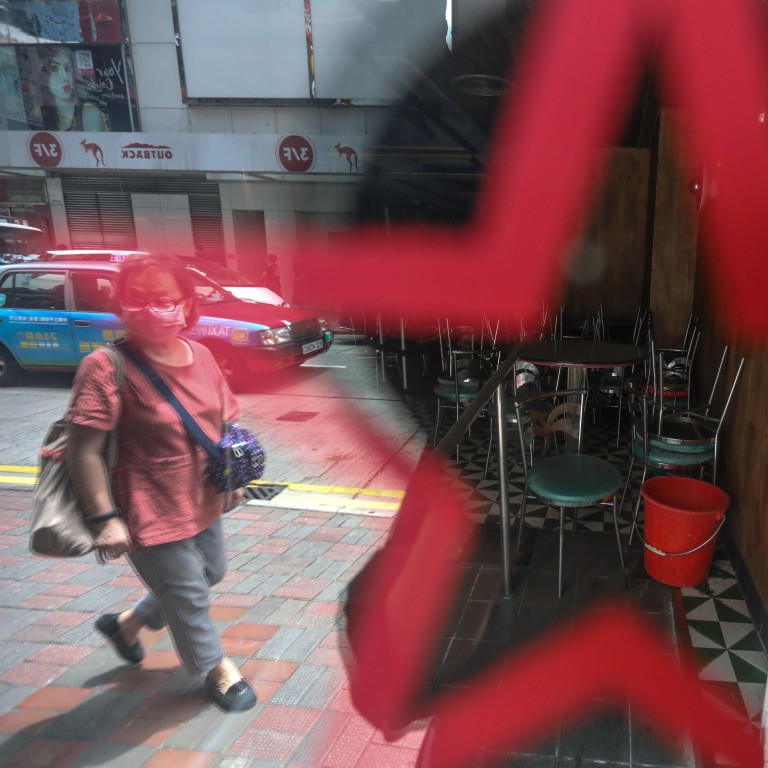
Hong Kong retail sector fortunes polarised as fresh food shops get pandemic boost
- Shops selling fresh meat and seafood thrived as people avoided restaurants and cooked at home, a trend reflected in rents and prices of premises
- Clothing stores and jewellers suffered an existential downturn as border restrictions kept tourists away
Meanwhile, stores selling clothes, watches and jewellery have suffered a massive downturn in sales, particularly those in tourist districts as border restrictions have cut visitor arrivals to virtually nothing.
“Under the pandemic, the shop market is now in heaven and hell, more polarised than at any time before,” said Edwin Lee, founder and chief executive of Bridgeway Prime Shop Fund Management. “Strips accommodating wet markets and cheap snacks in neighbourhoods are also seeing record high [prices for shops].”
The diverging prices of retail properties reflect the vastly different fortunes of the businesses inside.
A shop selling fresh fish at the Hop Yick Plaza in Yuen Long changed hands for HK$25 million (US$3.23 million) in late August. The price per sq ft at HK$92,593 was a record for a market produce shop, said Lee.
In contrast, other types of retail premises such as restaurants and garages are less sought after and incurred losses in at least nine transactions in August. That is a phenomenon not seen before, according to Lee.
The owner of a vacant shop measuring 1,200 sq ft at the Max Share Centre in North Point sold it for HK$48 million in late July, incurring a loss of HK$17 million, or nearly HK$20 million including taxes and commission. That is a record loss for a shop in King’s Road, said Lee.
Lee warned that it would be “stupid” to buy fresh produce shops at peak prices now.
Lee said the landscape of shop ownership has changed, as the pandemic has tipped the balance in favour of supermarkets and other types of non-restaurant food vendor.
For instance, Kai Bo Food Supermarket and its owner bought at least four shops across the city this year worth a total of HK$398 million from owners including Bank of East Asia and Bonjour, a cosmetics chain.
Investors related to Tai Hing Group sold a premises in Mong Kok housing its local restaurant, Men Wah Bing Teng, in early July for HK$49 million, incurring a loss of HK$2.5 million. Bonjour’s vice-chairman Wilson Ip and his wife sold several properties at a loss.
“This is an industry issue. Wet markets and supermarkets have the best business,” said Tony Lo, director of shops at Midland IC&I. “At this time, every industry is difficult, be it catering or retail.”

